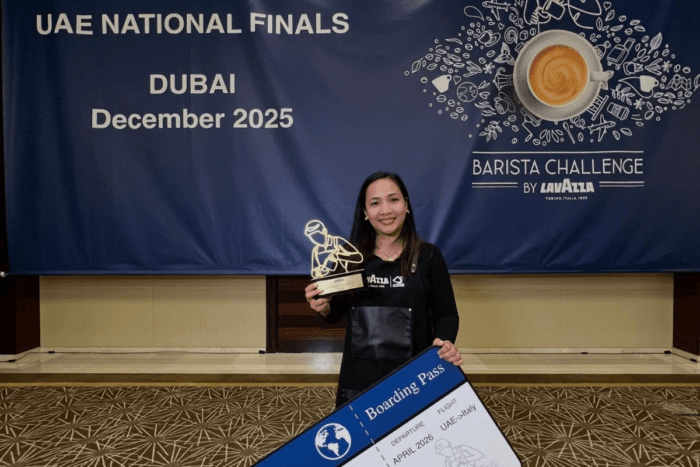Under the title “Yemen: Coffee Cultivation Replacing Qat – A Dream Amid Challenges”, the renowned German platform Deutsche Welle published an in-depth report by journalist Qanaf Al-Saqatari. The report explores the notable shift in Yemen, where farmers are increasingly transitioning from cultivating qat to growing coffee. This transformation, while promising, faces numerous challenges.
The report highlights inspiring stories of Yemeni farmers who have undertaken the bold step of uprooting qat plants to replace them with coffee trees. Among these is Ahmed Abdullah, a farmer from Amran Governorate, who shares his journey: “My father and I uprooted more than 2,000 qat trees and replaced them with coffee plants.” Ahmed describes the decision not only as economically beneficial but also as an effort to preserve what he calls “the blessed tree.” Despite the absence of governmental support, Ahmed asserts that their experiment has been a 100% success, achieving self-sufficiency through perseverance and determination.
Reviving Yemen’s Coffee Legacy
Yemen holds a historically significant position in the coffee world, being one of the oldest producers of high-quality coffee. The famous Mocha coffee owes its name to the Yemeni port of Al-Mokha, which once served as a central hub for global coffee exports. However, over the past decades, qat cultivation has overshadowed coffee farming, consuming vast agricultural lands. Today, many Yemeni farmers are revisiting this legacy, driven by cultural pride and the desire to restore Yemen’s coffee heritage.
Limited Support Amid Significant Challenges
Despite the growing interest in coffee farming, numerous obstacles hinder progress. Water scarcity remains the most pressing issue, exacerbated by the lack of infrastructure such as rainwater storage tanks. Ahmed Abdullah highlights another challenge: imported coffee being re-exported under the label of Yemeni coffee, which harms both local farmers and the national economy.
Nevertheless, coffee cultivation is increasingly seen as a viable alternative to qat farming. Yemen’s Ministry of Agriculture and Irrigation has distributed millions of coffee seedlings in recent years to expand the cultivation area. Additionally, the United Nations Development Programme (UNDP) launched a project to support the shift “from qat to coffee,” emphasizing that coffee requires less water compared to qat, making it a sustainable choice amid Yemen’s water crisis.
Inspiring Farmer Stories and Agricultural Renewal
The experiences of Yemeni farmers reflect a strong determination to make this vision a reality. Taha Ahmed, a 50-year-old farmer from Ibb Governorate, renewed his coffee plantation by replacing aging coffee trees with improved seedlings. He notes that coffee farming requires fertile soil and sufficient water, making careful planning essential for its expansion.
Ahmed Abdullah, meanwhile, urges other farmers to embrace coffee cultivation, stating: “This tree is our pride. By cultivating it, we can safeguard ourselves from poverty, revive the glory of our ancestors, and achieve self-sufficiency.”
International Efforts Toward Sustainability
The UNDP has been analyzing the value chain of qat and coffee farming to provide recommendations for enhancing the coffee value chain and offering alternative livelihoods to Yemeni farmers. According to the program’s studies, qat farming consumes 40% of Yemen’s water resources and occupies 15% of its agricultural land, severely impacting sustainable farming. In contrast, coffee farming uses fewer resources and offers a more sustainable economic alternative.
A Dream on the Horizon
Despite the difficulties, experts and farmers alike agree that coffee cultivation has the potential to become a sustainable economic alternative in Yemen. Greater governmental support and the introduction of modern agricultural tools and techniques are essential to overcoming the challenges. As efforts persist, Yemenis are steadily advancing toward reviving their agricultural legacy, with hopes of restoring Yemen’s prominence as a global coffee producer.


